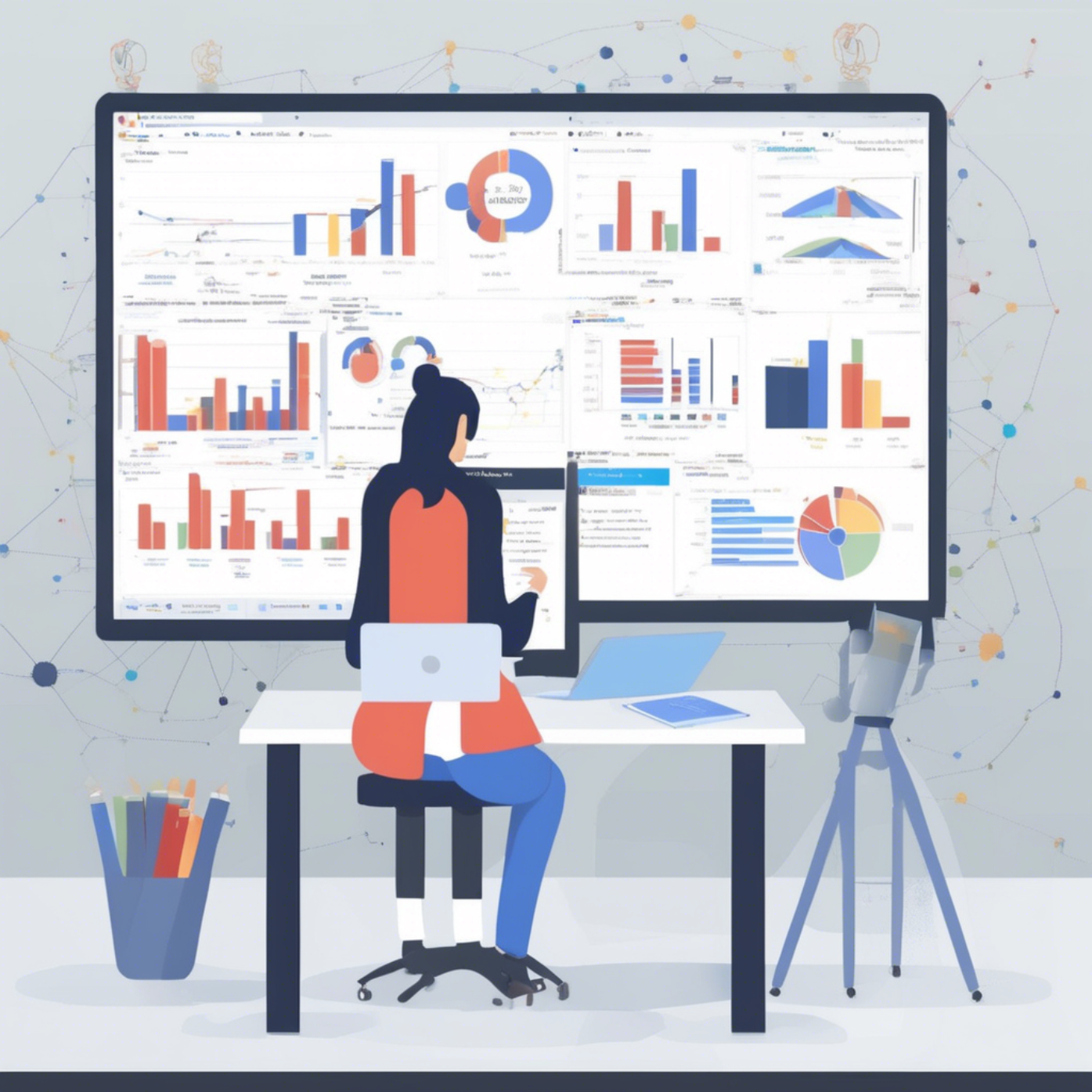
India’s pharmaceutical industry has gained global recognition as a powerhouse of drug manufacturing, research, and distribution. Cities like Ahmedabad, Hyderabad, and Pune have evolved into pharma hubs, housing manufacturing units, R&D centres, and logistics networks. As the demand for precision, speed, and regulatory compliance increases, pharmaceutical companies are turning to data science to enhance their operations. By leveraging analytics and machine learning, data scientists are enabling smarter decisions, reducing waste, and improving productivity across the supply chain. This growing demand for skilled talent makes enrolling in a data scientist course in Ahmedabad an excellent career move for those seeking to work at the intersection of technology and healthcare.
This blog explores how data scientists are transforming operational efficiency in pharma hubs, with a special focus on use cases, technologies, and the skills needed to thrive in this domain.
The Need for Efficiency in Pharma Operations
Pharmaceutical operations involve a complex web of manufacturing, quality control, regulatory compliance, and supply chain coordination. From sourcing raw materials and scaling production to managing distribution and ensuring on-time delivery, every stage requires meticulous planning and execution.
However, inefficiencies in the form of production delays, inventory mismanagement, and equipment downtime can result in financial losses and delayed market access. Moreover, strict regulatory requirements demand accurate documentation and tracking of each process, increasing the pressure on operational teams.
Key Applications of Data Science in Pharma Hubs
1. Demand Forecasting and Inventory Optimisation
Data scientists use historical sales data, seasonal patterns, and market dynamics to forecast demand more accurately. This helps pharmaceutical firms avoid both stockouts and overstocking—leading to better inventory turnover and cost savings. Machine learning models such as time series analysis and regression are used to predict fluctuations in drug demand across different geographies.
2. Predictive Maintenance in Manufacturing
Unplanned equipment downtime is a major concern in pharma manufacturing. Data scientists apply predictive analytics by analysing sensor data from machinery to anticipate maintenance needs. Algorithms flag unusual behaviour in machines, enabling proactive repairs and avoiding costly production halts.
3. Process Optimisation and Yield Improvement
Using data from production lines, temperature logs, batch reports, and quality checks, data scientists build models to optimise processes. These models help in reducing cycle times, improving yields, and maintaining consistent product quality. This not only improves profitability but also supports regulatory compliance.
4. Quality Assurance and Compliance Monitoring
Data analytics tools can track deviations in product quality and flag inconsistencies in real-time. Text mining and natural language processing (NLP) are used to review audit reports and standard operating procedures (SOPs), ensuring adherence to compliance standards. This leads to faster detection of quality issues and quicker resolution.
5. Logistics and Supply Chain Efficiency
In pharma hubs like Ahmedabad, supply chain logistics can span global markets. Data scientists optimise routing, monitor cold chain logistics for temperature-sensitive drugs, and streamline transportation costs. Real-time dashboards provide visibility into shipment status, delivery delays, and warehouse performance.
Why Ahmedabad is an Emerging Hub for Pharma Data Science
Ahmedabad is home to some of India’s leading pharmaceutical companies such as Zydus Lifesciences, Torrent Pharma, and Intas Pharmaceuticals. With the rise in digital transformation and Industry 4.0 initiatives, these organisations are investing heavily in analytics capabilities. This has created a surge in demand for professionals who understand both pharma processes and data science.
For local talent, enrolling in a data scientist course offers a strategic advantage. These courses not only cover the foundational tools—like Python, SQL, and machine learning—but also often include healthcare-specific modules and case studies relevant to pharmaceutical operations.
Learners benefit from real-world projects, internships with pharma firms, and networking opportunities with industry professionals. This practical exposure prepares students to hit the ground running in high-impact analytics roles within the sector.
Skills Required for Pharma-Focused Data Scientists
To succeed in pharmaceutical analytics, aspiring data scientists need a blend of technical and domain-specific skills. Key competencies include:
Programming Languages: Python or R for data analysis and modelling
Data Handling: Experience with SQL, Excel, and data cleaning techniques
Machine Learning: Understanding of classification, regression, clustering
Domain Knowledge: Familiarity with GMP, clinical trials, and supply chain workflows
Visualisation Tools: Proficiency in Power BI, Tableau, or matplotlib for reporting
Soft Skills: Communication and critical thinking to interpret data insights
A well-rounded curriculum from a reputed data scientist course helps develop these skills while aligning them with the specific needs of the pharma sector.
Conclusion
Data science is no longer a back-office function—it’s becoming a strategic driver of operational excellence in pharma hubs across India. From ensuring timely drug production and reducing waste to streamlining logistics and meeting compliance requirements, data scientists are playing a pivotal role in making the pharmaceutical supply chain smarter and more efficient.
For professionals looking to enter this high-growth domain, choosing a targeted data scientist course in Ahmedabad is a smart step. With the right training, tools, and exposure, you can contribute to life-saving innovations while building a rewarding career in one of India’s most impactful industries.



Write a comment ...